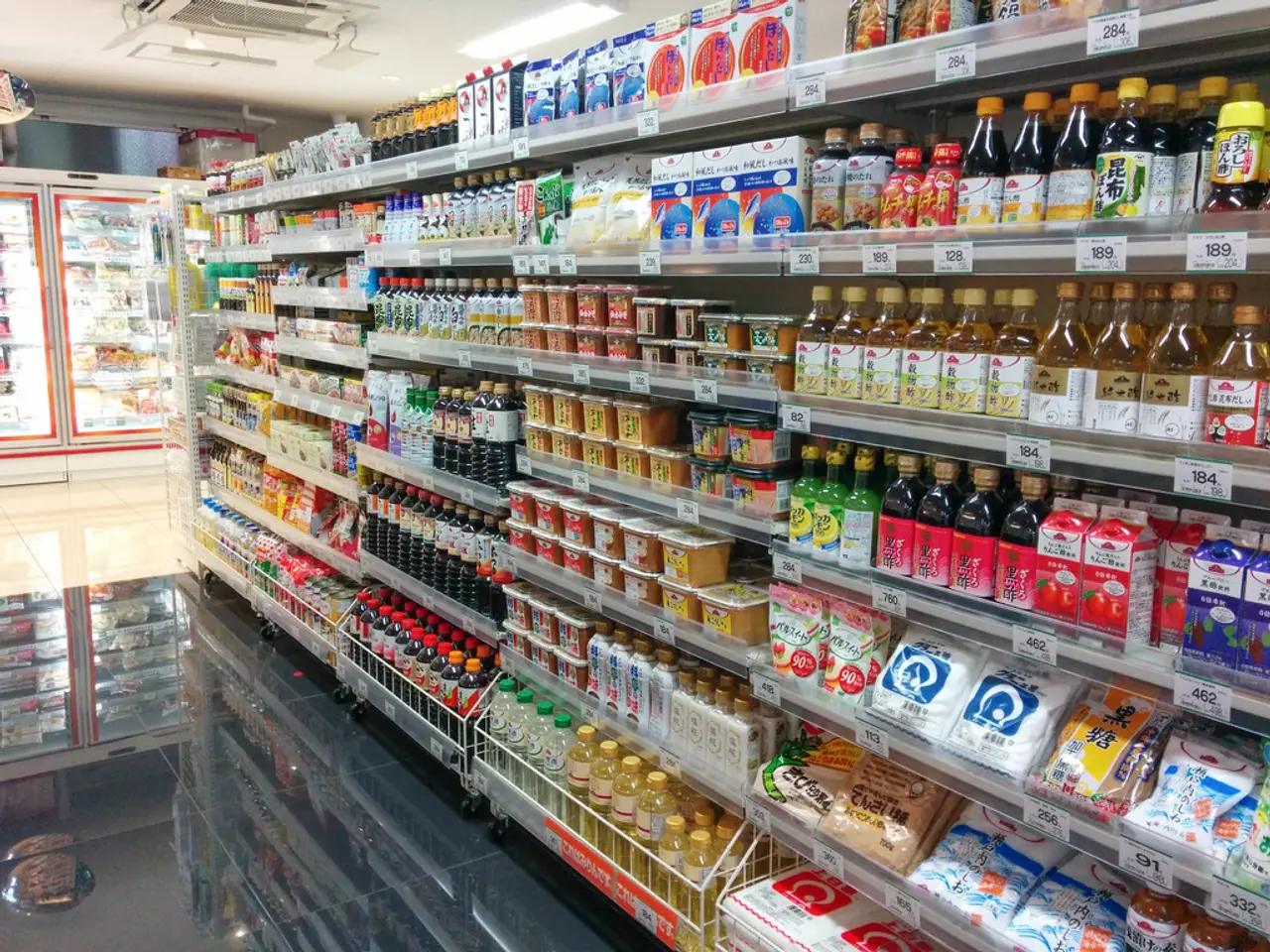U.S. Import Tariffs for Maersk Decrease Substantially
In a significant development for global trade, the effective average tariff rate on U.S. imports of containerized goods has dropped to approximately 21%, a significant reduction from the peak of 54% observed in April 2025. This decline follows a 90-day pause in tariff escalation announced in April, which temporarily froze many increased tariffs and allowed trade negotiations to proceed.
The reduced tariffs have eased cost pressures for U.S. importers, but the remaining 21% still presents a substantial trade barrier. This fluctuation in tariffs has worsened trade visibility, complicating long-term planning for global shippers and importers.
The impact of these tariffs varies across industries. While sectors such as apparel and fashion have reduced their dependence on Chinese imports, others like home improvement goods remain highly reliant on Chinese manufacturing. Ongoing trade negotiations with China, Vietnam, and Great Britain aim to resolve or reduce tariff barriers, with critical outcomes expected in July and August.
Maersk, a leading shipping giant, attributes the strong demand for container shipments in the first half of the year to customers advancing orders in anticipation of tariff changes. The company's global market update emphasises the potential influence of these negotiations on global trade and consumer sentiment in the coming months.
The IndexBox Market Intelligence Platform corroborates this trend, highlighting the broader impact on global trade dynamics. The platform confirms the decrease in U.S. import tariffs on containerized goods to an average of 21%. However, Maersk anticipates potential increases in tariffs by July 9 due to negotiations with more than a dozen major U.S. trading partners.
This dynamic continues to influence cost structures, sourcing decisions, and the broader economic outlook for containerized trade between the U.S. and its trading partners. As the future trajectory of tariffs remains uncertain, the outcomes of imminent trade deal negotiations will be crucial in shaping global trade trends in the near term.
The fluctuating tariffs significantly affect the cost structures and sourcing decisions of businesses in the container trade, necessitating diligent financial management to navigate these dynamics (finance, business). The ongoing negotiations with multiple trading partners, including China, Vietnam, and Great Britain, have critical implications for the global trade landscape and the strategic planning of long-term trade partnerships among shippers and importers (business, global trade, politics). Given the potential for further tariff increases, the outcome of these negotiations will determine the direction of global trade trends in the near future, impacting both general-news and market intelligence platforms (general-news, IndexBox Market Intelligence Platform).




